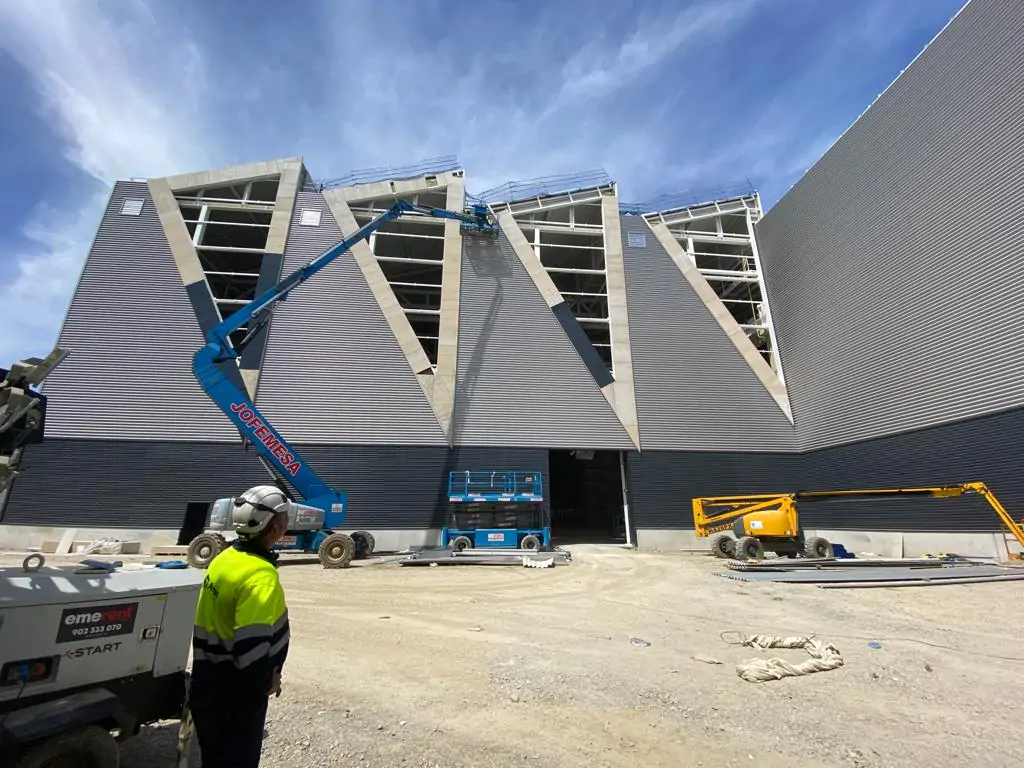Chemical processing plants face many safety and efficiency challenges. One of the most critical aspects of their infrastructure is fire safety. Since these facilities handle flammable substances, the risk of fire is considerably higher compared to standard industrial sites. This raises an important question: Is fire-rated facade insulation worth the investment for chemical plants?
Let us examine this in detail and understand how it impacts both safety and long-term operations.

Why Chemical Processing Plants Need Fire-Rated Facade Insulation?
Chemical plants operate with fuels, solvents, and gases that can ignite under the wrong conditions. A simple spark or equipment failure may trigger a fire. Without proper insulation, flames can spread rapidly across building surfaces. Fire-rated insulation provides a critical barrier that slows this spread and minimizes further hazards.
Beyond fire safety, it also maintains thermal efficiency. By stabilizing internal temperatures, it reduces the strain on cooling or heating systems. This dual benefit of protection and efficiency makes it highly relevant for industries that work continuously.
Benefits of Using Fire-Rated Facade Insulation
Better Protection in Emergencies
The primary advantage is safety. Fire-rated insulation slows the progression of fire, giving emergency response teams a chance to contain it. This reduces the possibility of widespread damage to equipment and facilities.
Structural Preservation
Industrial buildings are expensive to construct and maintain. Fire-resistant insulation prevents external walls from weakening quickly in extreme heat. As a result, the structure stands stronger during emergencies and requires fewer repairs afterward.
Compliance with Regulations
Many chemical industries are bound by strict safety codes. Installing certified insulation materials helps plants stay compliant and avoid penalties. More importantly, it improves overall trust in the facility's safety standards.
Improved Energy Efficiency
Apart from fire protection, these materials maintain proper insulation for day-to-day operations. This lowers energy costs by minimizing heat transfer through external walls. Over time, this adds significant savings.
Long-Term Cost Benefits
Although the initial investment in fire-rated materials can be higher, it saves money in the long run. Reduced damage in case of fire, lower insurance premiums, and energy savings all contribute to long-term economic benefits.
How to Decide on Installation?
Even with all these advantages, each facility must evaluate its needs. Factors such as the type of chemicals handled, the size of the plant, and the level of existing safety infrastructure should be considered. A professional assessment helps in determining the exact specification required for insulation.
When choosing a solution, it is important to balance cost, durability, and certification. Industrial service providers specializing in aislamiento fachadas industriales Valencia often guide plant managers in selecting the most appropriate materials for their operations.
Conclusion
For chemical processing plants, safety cannot be overlooked. Fire-rated facade insulation provides a strong line of defense against fire-related risks while also offering energy efficiency and compliance with safety regulations. The initial investment may seem high, but the long-term savings and reduced risk of disaster make it a practical choice.






